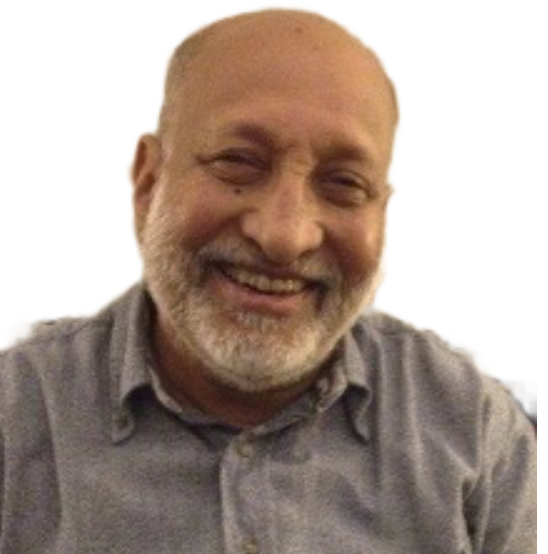Pakistan’s political muddle
The Philadelphia Inquirer
October 5, 2007
PESHAWAR, Pakistan – A cartoon circulating in Pakistan depicts a scowling Gen. Pervez Musharraf marrying a cowering former Prime Minister Benazir Bhutto. President Bush and Secretary of State Condoleezza Rice look on, worried. “Dear God,” prays Rice, as the bride’s mother, “please make him treat my child kindly.”
Tomorrow, Musharraf is expected to be reelected president, unless legal challenges derail the process. Meanwhile, U.S. diplomats Richard Boucher and John Negroponte have forged an undeclared “understanding” between Musharraf and Bhutto to share power in a new government.
The continuation of the Musharraf presidency, with or without Bhutto, is likely to spawn unrest among Pakistanis, most of whom are fed up with Musharraf. Those who would gain internally are the center-right and Islamic opposition parties, all anti-American.
The U.S. ambassador to Islamabad, Anne W. Patterson, has surprised many with a visit to Maulana Fazlur Rahman, the leader of Pakistan’s largest Islamic political party. Some friends here wonder whether Washington finally understands the perils of leaving all its eggs in the fragile baskets of Musharraf and Bhutto. I hope so.
Bhutto’s popularity has plummeted because of corruption charges, dealings with the reviled Musharraf, and support for the U.S. war on terrorism. Pakistani political observers say her Pakistan People’s Party will do poorly in parliamentary elections scheduled for January. Besides, the constitution bars her from serving as prime minister for a third term. If, under U.S. pressure, Musharraf agrees to give her the post through a constitutional amendment, the army still would retain the levers of effective power. It did so during her two previous terms, as I learned the hard way.
In 1989, after asking questions that angered an Army lieutenant general I was interviewing, I was arrested, blindfolded and interrogated off and on for 26 hours. I was grilled about possible links with the CIA or Indian intelligence services.
The U.S. consular officer in Islamabad to whom I, as an American citizen, reported the incident found out that my interrogators were from Pakistan’s Military Intelligence. I related the incident to Bhutto through her secretary. The next day, the prime minister “had to reschedule” my previously arranged interview with her. It never took place.
Bhutto wouldn’t have dared to inquire about my detention. She had ceded all army matters – along with policies on the nuclear issue, Afghanistan and Kashmir – to the generals.
Now under a new “democratic” government, the army likely will continue its human rights abuses, and the United States will look the other way.
Meanwhile, the U.S. effort to have an elected prime minister share power with Musharraf, rather than assert civilian control over the military, is widely criticized in Pakistan. It has revived the argument among Pakistani scholars and columnists that Pakistan’s is a “rentier” military, which uses 90 percent of the country’s U.S. aid and keeps fighting U.S. foes – the Soviets during the Cold War and the Taliban and al-Qaeda today – while losing its own wars with India.
Tomorrow’s election may settle little.

